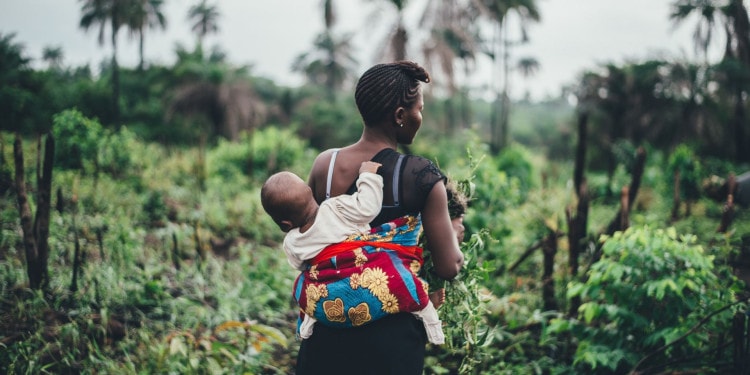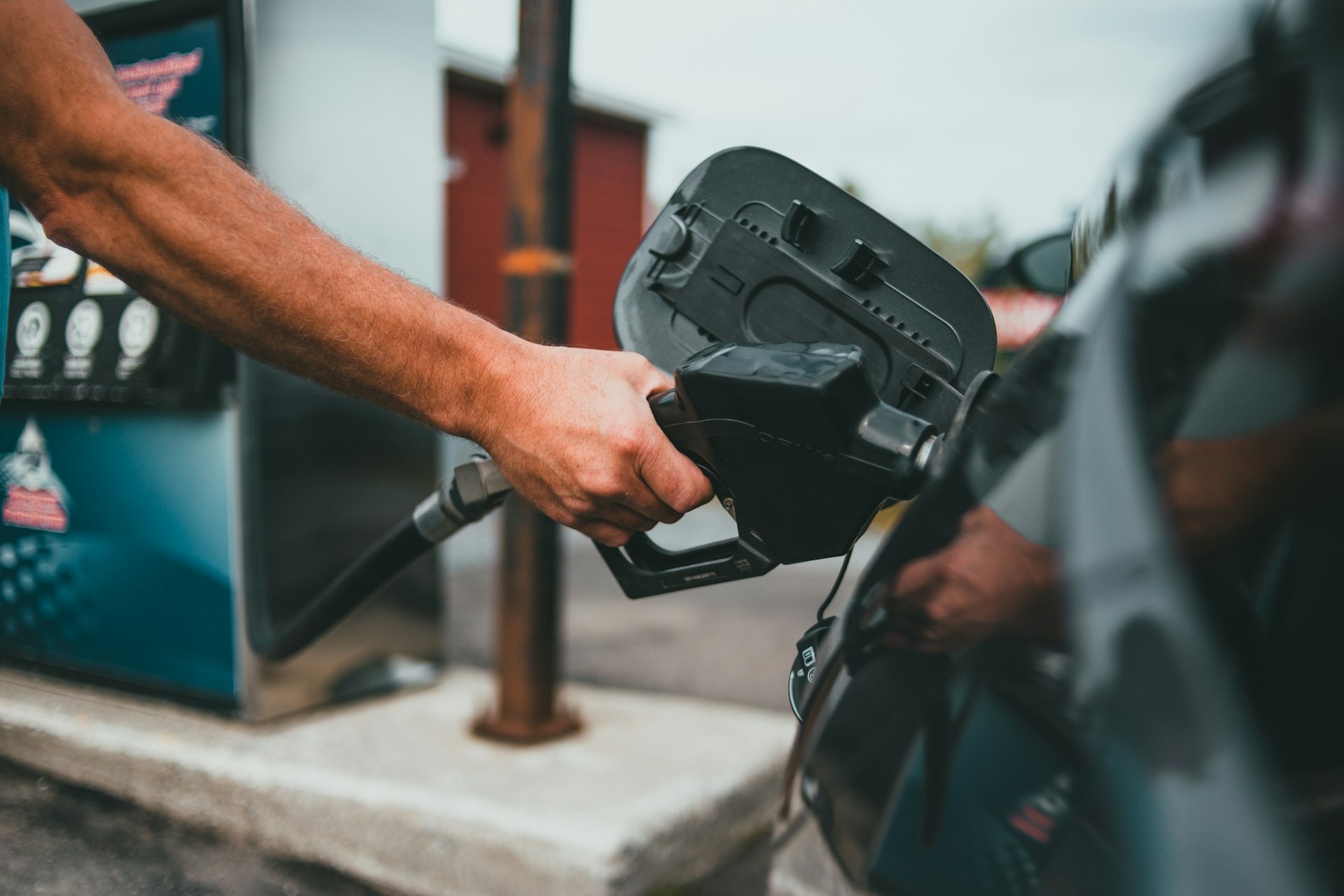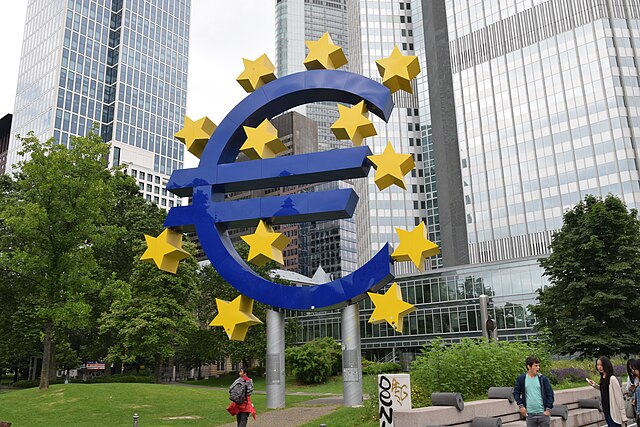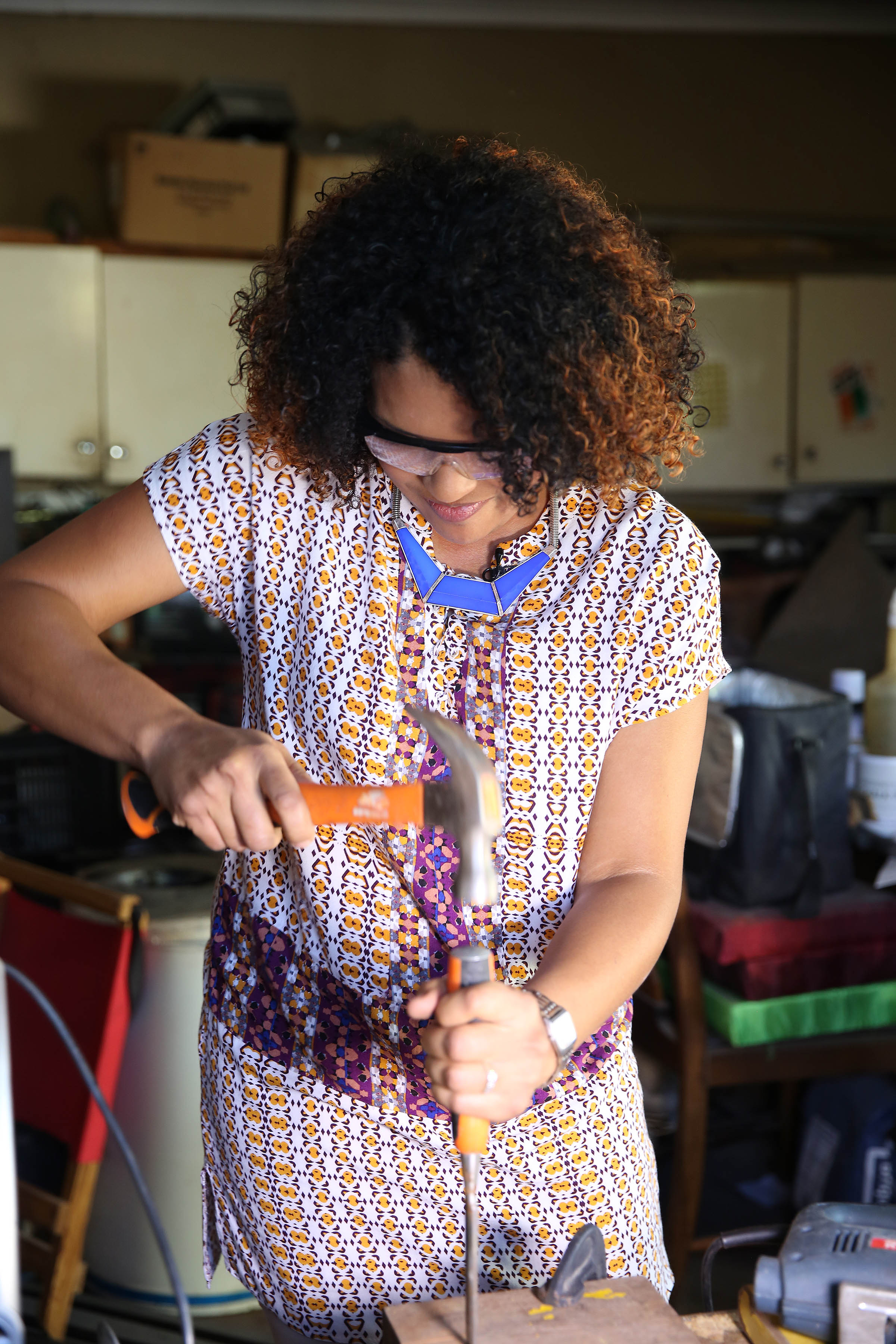The Impakter team, deeply saddened at the tragic loss of lives in the airplane crash near Addis Ababa, joins the Secretary-General of the United Nations in conveying their heartfelt sympathies and solidarity to the victims’ families and loved ones, including those of United Nations staff members, as well as sincere condolences to the Government and people of Ethiopia.
Climate change is the most pressing challenge of our time, and both its causes and consequences are entwined with the unjust, inequitable, and destructive systems that govern our world. As the IPCC report released last October made crystal clear, we are at a critical juncture for necessary action to stabilize global warming below 1.5° C (2.7° F) to avoid greater threats and loss than we are already experiencing. Meeting this challenge requires transformational change from how we power our homes and build our cities, to how we feed our families, buy products, and move around. Climate change — and SDG 13: “take urgent action to combat climate change and all its impacts” — is interwoven across and between these and multiple other sectors, and failing to fully address climate change is a fundamental obstacle to attaining the 2030 Sustainable Development Agenda.
The widespread and unprecedented impacts of climate change are already disproportionately burdening the poorest, most vulnerable and marginalized groups, magnifying existing and overlapping inequalities. Gender is a critical intersectional dimension that must be recognized, understood, and addressed to successfully and sustainably mitigate, adapt and build resilience to climate change across our communities. Gender equality and empowerment of all women and girls exists as an explicit goal under the 2030 Agenda (SDG 5), and is also a driver and essential component of sustainable development in all its dimensions: from ending poverty and hunger, to building peaceful, just and inclusive societies, and to promoting and protecting the health of natural resources and our planet. It is central to effective climate action, and can move us toward positive systemic and transformative change.
Women’s work, leadership and contributions positively impact social, economic and environmental progress around the globe, from rural to urban, and local to international settings. Women make up 43 percent of the formal agricultural labor work force in developing countries, contributing a major share to the global food supply, and women in forest communities are able to generate more than 50 percent of their livelihood from forests, compared with about one third for men. Women do this while also contributing the majority share of care (or reproductive) work, often unpaid, in developing and developed countries. Yet, this burden of care contributes to women supporting the household functions from education to health services, energy provision, and shopping. Globally, women drive 70-80 percent of all consumer purchases through a combination of buying power and influence. The majority of these household functions are connected to — either enabled or limited by — the mobility, or transportation, choices women must make.
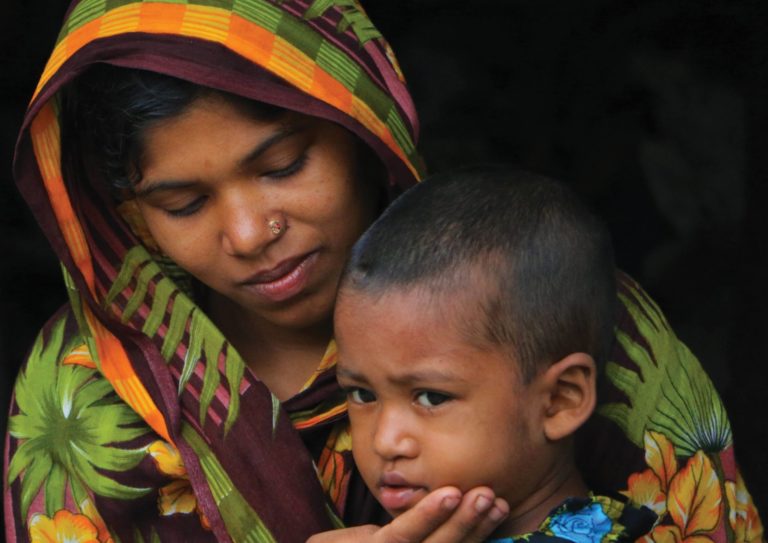
Despite this pivotal role of women in household and global economies, 90 percent of 173 economies have at least one law impeding women’s economic empowerment. Women’s roles, rights, knowledge, and access to resources and services are perpetually hindered and marginalized due to entrenched patriarchal systems. These limitations and marginalization across sectors have resulted in women often being disproportionately impacted by climate change. Socio-cultural systems may limit women’s voice and agency in decision-making, where they are often ignored, excluded, and not represented as stakeholders, or lack the capacity to engage in conversations and decision-making processes.
Women’s organizing is key to changing these norms. Women’s capacity to speak, innovate, and lead is a driver for sustainable change and is the reason why the Women’s Environment and Development Organization (WEDO) was founded to act as a bridge builder for women into spaces of greater power. We know that “ensuring women’s full and effective participation and equal opportunities for leadership at all levels of decision-making in political, economic and public life” (SDG 5.5) is imperative as a driver for sustainable development, and in addressing climate change.
WEDO has been a historical leader in making spaces accessible and inclusive for women, feminist advocates and gender-related groups, recognizing stakeholders with diverse experiences, interests and priorities must be brought to the table and engaged. Through advocacy and action, WEDO connects and facilitates access to and convenings for women’s organizations, governments, and intergovernmental organizations, including the United Nations, to ensure that women’s human rights are at the heart of global and national planning and policies, particularly relevant to the environment and sustainable development. WEDO also, through training, mobilizing action and resources, delivers leadership development providing technical skills and tools to equip themselves to fully and confidently engage as decision-makers and agents of change for a more just future.
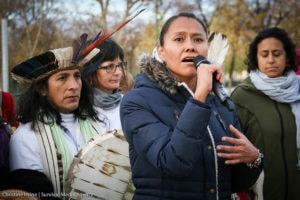
The climate change SDG targets provide ample entry points for ensuring and enhancing women’s full and effective participation while simultaneously supporting progress toward other SDGs’ targets, including SDG 5. Engagement needs to be strategic and dynamic, taking form in various ways as is fit for purpose, to synergize and maximize potential action and outcomes. The following highlights a few key links between the climate targets and how engaging women and gender-related groups will drive a gender-responsive approach to climate policy, planning and action, and thus sustainable results, and how WEDO is supporting tangible action and results toward achieving SDG 13 — and others. From these examples, it is clear that failing to take a gender-responsive approach to climate change is failing to comprehensively and sustainably combat climate change.
Making progress toward the targets
Strengthen resilience and adaptive capacity to climate-related hazards and natural disasters in all countries (13.1)
Women face the brunt of negative climate impacts, particularly from climate-related hazards and natural disasters. This stems from their limited access to technology when early warning systems cannot reach them; mobility issues during events compounded by women’s common responsibility for the young, sick and elderly in households; and/or their (lack of) safety and health in emergency shelters and refugee camps. In the aftermath of disasters, women’s access to services and rights may delay or hinder their resiliency anywhere from accessing loans, rebuilding, and re-establishing their lives and livelihoods. Women’s varied roles and experiences are a critical factor to consider when countries are planning for and implementing adaptation and resilience strategies to ensure these very issues are addressed with equitable solutions. WEDO’s work supporting the establishment of, and now facilitation with, the Women’s Major Group on Disaster Risk Reduction (DRR) promotes this consideration in the international framework on disaster risk reduction. The inclusion of the WMG within these dialogues at international, and transfer to national platforms, improves the voice and agency of women. Their experiences and priorities to enhance the use of enabling technology, in particular information and communications technology, for example in remote island states, promotes the empowerment of women (SDG 5.b), and is at the forefront of climate change in negotiations (e.g., loss and damage) but as frontline communities already facing life-changing impacts.
Integrate climate change measures into national policies, strategies and planning (13.2)
As countries plan and prepare national policies and strategies, an inclusive gender-responsive and human rights-based approach needs to be utilized. A key expression of countries’ policies and plans concerning climate change is the Nationally Determined Contribution (NDC) developed by each Party to the UN Framework Convention on Climate Change (UNFCCC). A review by WEDO of 190 NDCs found only 64 countries include a reference to women or gender, most commonly with the reference characterized as a vulnerable group. If intersectional gender and human dimensions are not integrated across the climate-relevant development sectors in NDCs and additional climate change measures, then they will not prove to be just and sustainable.
To ensure this alignment, there needs to be increased effort and support to engage women, women’s organizations, and gender-related groups (including national gender machinery) in the processes determining what plans and policies will be developed. Increasingly, national gender machinery — e.g., a Ministry of Women’s Affairs, National Council on Women and Girls, or national gender focal points — are recognizing the linkages between gender and climate change. Conducting a gender analysis across climate sectors to effectively determine an evidence-based pathway forward to advance women’s empowerment and gender equality within climate measures is a key initial step.
Editor’s Picks — Related Articles:
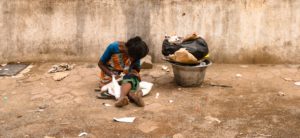
“Leaving No Woman Behind: Delivering on the Global Goals for Marginalised Women Survivors of War”
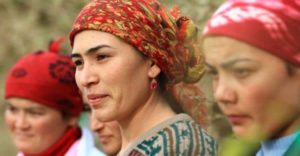
“The Significance of Women’s Economic Empowerment Post-conflict”
Recently, WEDO has provided support to the newly-established UNFCCC National Gender and Climate Change Focal Points, as a component of the UNFCCC Gender Action Plan. Through facilitation of training webinars and workshops for the designated focal points, who represent a range of national institutions, WEDO has focused on building their capacity and knowledge on policies, existing evidence, practical program application and knowledge resources to support their efforts to enhance gender-responsive climate change measures. Their increased understanding on the intricate and dynamic elements of gender — as well as the support of this newly-established coalition/network — can strengthen integration of climate change across national measures, and the development agenda.
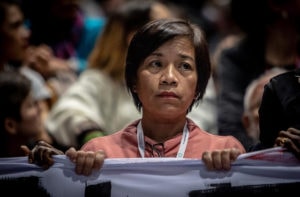
Improve education, awareness-raising and human and institutional capacity on climate change mitigation, adaptation, impact reduction and early warning (13.3)
Anthropogenic climate change will not correct itself, but requires us to understand with the data, tools and capacity to adequately respond. This requires widespread education, awareness-raising campaigns and building the capacity by and for individuals — decision-makers but also the public — and institutions for an ultimate behavioral and societal shift. The Brookings Institute recently shared that for every additional year of schooling a girl receives on average, her country’s resilience to climate disasters can be expected to improve by 3.2 points on a country vulnerability scale, and Project Drawdown identified educating women and girls as the 6th most critical solution to curbing greenhouse gas emissions, and building resilience. Women, girls, and other marginalized groups therefore must be included in this process. Equipping everyone, regardless of gender or their intersectional identity, with equal opportunities for education, technology transfer and training, enables participation as equals in knowledge generation, information sharing, financial allocation and policy and organizational development.
As an advocacy organization, WEDO creates spaces to connect and build increased awareness and capacity to address the climate and sustainable development, with the notion that an inclusive, intersectional feminist approach will have positive and synergistic impacts to addressing climate change, and move toward achieving this target. WEDO is engaged in and supports a coalition of climate advocates, through the Women and Gender Constituency (WGC). As one of the nine formally recognized stakeholder groups to the international UNFCCC climate change negotiations, the WGC focuses on ensuring women’s voices, rights and feminist perspectives are an integral piece of climate policymaking. With formal convenings during negotiation spaces (but also formidable preparation as an online platform prior to), the WGC rallies supporters and shares with newcomers the undeniable and necessary power of addressing climate change and gender inequality together. Through online collaboration, daily caucuses, knowledge sharing spaces and outreach, elements such as the WGC Key Demands gain traction and influence climate policy and action. With advocates and members of the WGC from a variety of countries and diverse backgrounds, this membership pools knowledge and skills on gender and climate across sectors for Parties at the negotiations, and also translates back home at the national-level into continued advocacy and mobilization, including continued education and awareness-raising.
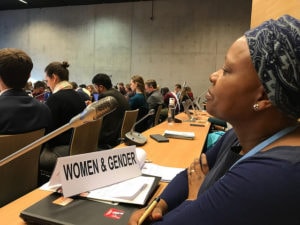
Implement the commitment undertaken by developed-country parties to the UNFCCC to a goal of mobilizing jointly $100 billion annually by 2020 (13.a)
Just as the SDGs must be tracked and held accountable for progress toward achieving the goals, so too is the agreement under the UNFCCC to provide $100 billion annually to address the climate challenge, to be largely doled in part through the Green Climate Fund (GCF), a fund with shared governance of developing and developed countries. While the GCF has had its share of challenges, its current and anticipated scale of funds has an undeniable ability to substantially shape and fund climate action, and a key aim of a joint WEDO and Both ENDS initiative is to orient the flow of GCF funds toward gender-just climate solutions, providing capacity building, access to spaces to raise their voice, and holding accountable the financing mechanisms. The initiative, Women Demand Gender-Just Climate Finance, is funding the direct participation of feminist and women’s rights activists in the work of the GCF, supporting regional feedback channels, working with women’s funds on strategies for direct access, and hosting a webinar series to take a deep dive into important aspects of the climate financing architecture. This initiative aims to track the GCF’s accountability on its disbursement, ensuring that money reaches local women’s groups, projects are designed to respond to the needs of communities, and the work of the GCF respects human rights to enhance climate outcomes.
Promote mechanisms for raising capacity for effective climate change-related planning and management in least developed countries and small island developing States, including focusing on women, youth and local and marginalized communities (13.b)
Across WEDO’s portfolio of work, we consistently drive implementation of this target, by promoting, ensuring and influencing mechanisms to support inclusive, intersectional engagement to build capacity and effectively respond to climate change. WEDO has led development of the Women Delegates Fund (WDF) from its nascent stage focused on building the capacity of women climate leaders, especially from least developed countries and small island development States. The WDF has funded over 100 women on over 300 trips across over 30 sessions of the UNFCCC, and trained over 500 women via capacity building sessions. The WDF provides a platform for — and network of — women leaders improving human and institutional capacity to address climate change, by driving women’s participation, to enhance diversity in decision-making and leadership.
WEDO is also actively engaged in showcasing and supporting women-led initiatives from local to national level as a co-facilitator of the WGC Gender-Just Climate Solutions Awards. The Awards, through publication and technical support program, shares innovative ideas and solutions with policymakers as well as women’s groups worldwide ensuring the institutional capacity to replicate and scale these solutions will be at the heart of achieving climate justice. It provides opportunities for existing climate leaders to expand their knowledge and skills to address challenges, and financially supports enhanced action and results. These solutions, however, require more widespread attention and dedicated support for more robust outcomes.
Achieving the goals, in complement
Whether it be rural women’s groups participating in water-user group meetings discussing DRR; national gender machinery actively participating in climate policy dialogues and decision-making platforms; or the WGC raising awareness and building for individuals and institutions with the few examples provided, we hope to demonstrate WEDO’s commitment to achieving enhanced action on climate change through women’s participation, engagement and leadership.
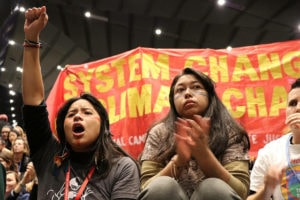
Accelerating action on climate change and gender equality presents win-win scenarios across the development agenda. Where climate change and gender equality are woven in a dynamic, systems-thinking and strategic parallel effort, as both are cross-cutting SDGs, the potential for synergized action with robust and scalable outcomes is possible. Ensuring and enhancing inclusive, feminist perspectives and gender-responsive measures in climate conversations, planning and implementation translates into social, environmental and economic gains for families, communities and nations at large. Without ensuring women’s voices and innovation are equally valued, there will not be diversity in options to address the climate challenge, limiting transformational change and destroying the possibility of achieving the 2030 Sustainable Development Agenda. But together, our actions can amplify the voices of women, tackle unjust systems, and propel the change we embody.


